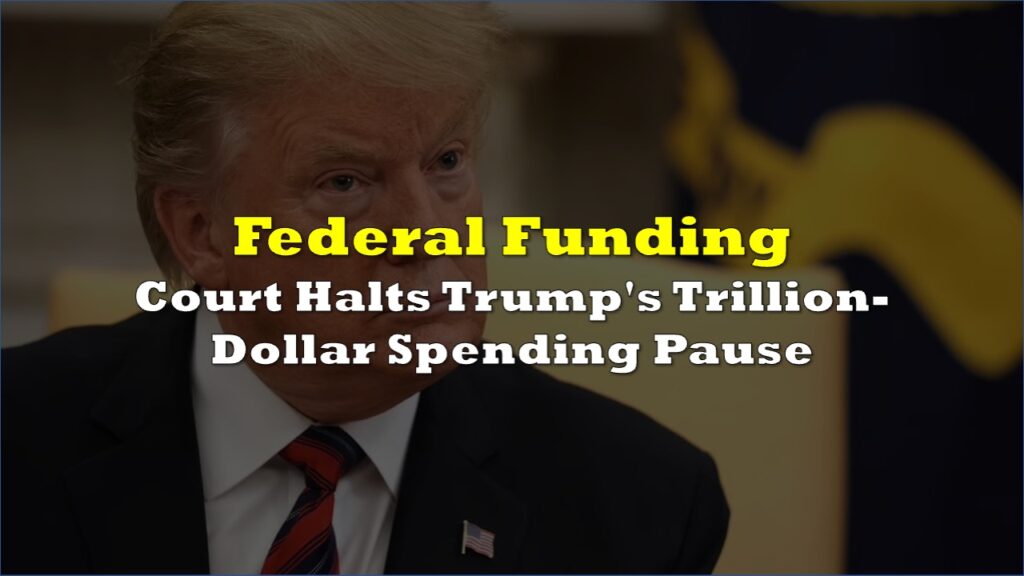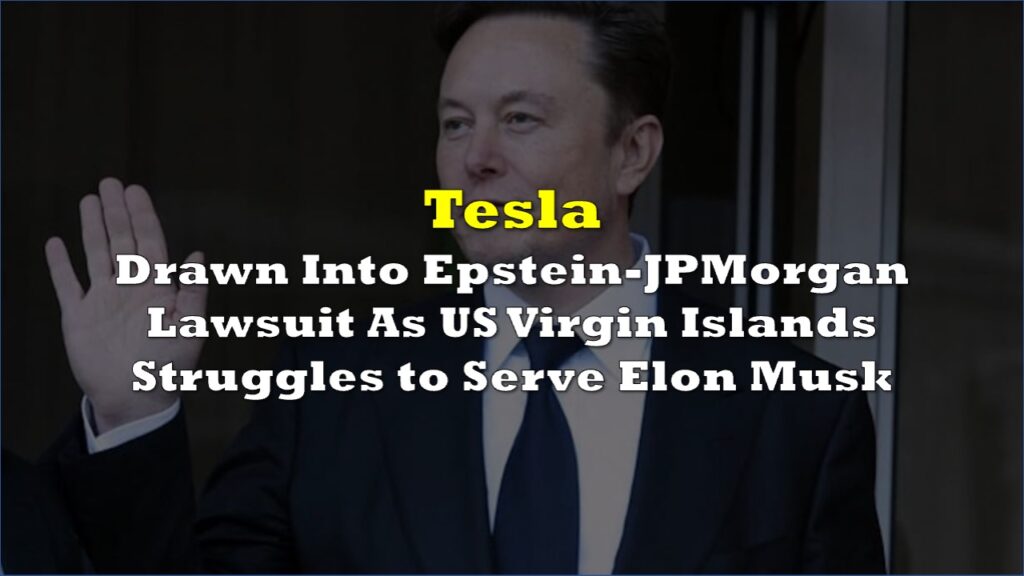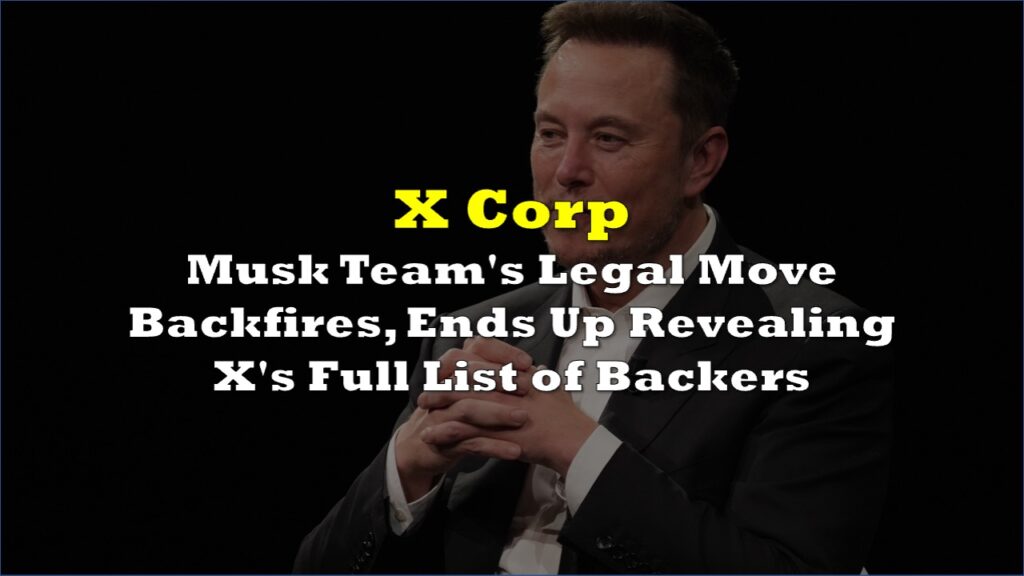Elon Musk’s myriad corporate interests—Tesla, SpaceX, X, xAI, Neuralink, Starlink, and the Boring Company—have already pocketed an estimated $20 billion in US government contracts and subsidies, according to a Financial Times report. Yet the billionaire’s new role within the Trump administration has triggered fierce legal and ethical disputes, with multiple states accusing him of violating the Constitution’s Appointments Clause by exercising sweeping federal powers without Senate confirmation.
Musk’s donations of more than $250 million to Trump’s 2024 reelection campaign have only heightened concerns about conflicts of interest. His position leading the so-called Department of Government Efficiency comes just as he embarks on a cost-cutting spree in agencies that previously investigated or penalized Tesla and SpaceX.
The arrangement has prompted lawsuits by fourteen states, which say Trump’s empowerment of Musk as an unelected federal official flouts basic constitutional checks. New Mexico Attorney General Raúl Torrez contends it mirrors “18th century monarch” powers but bestowed on a “21st century tech baron.”
All seven of Musk’s companies—which include X, xAI, Neuralink, Starlink, and the Boring Company, in addition to Tesla and SpaceX—have netted a combined $20 billion in US government contracts and subsidies, according to the Financial Times. https://t.co/1tqRF4xNLu
— Mother Jones (@MotherJones) February 18, 2025
Tesla recently collected a federally backed $767 million battery deal for Puerto Rico’s power grid. But in a move that could hurt the electric automaker, Trump has begun reversing emission-reduction policies and eyeing the elimination of EV tax credits. Musk has shrugged off concerns, declaring that Tesla will thrive regardless of subsidies, though the company’s global sales recently dipped.
SpaceX, valued at a staggering $350 billion, has already become the go-to choice for NASA missions and military launches. The Trump administration’s admiration of its technical feats—building reusable rockets that catch their own boosters—has translated into ever-larger government contracts. The new NASA Administrator Jared Isaacman, a close associate of Musk, has flown two SpaceX missions himself.
His social media platform, X, is also on the rebound just as Musk exerts sway at the White House. The site’s finances were once so dire that Musk considered bankruptcy, but major advertisers such as Amazon have returned, and banks finally sold debt from the $44 billion purchase at near face value. Administration officials regularly communicate policy moves through X, drawing condemnation that Musk’s government role could shield the platform from regulatory checks.
Meanwhile, Musk’s start-up xAI stands to profit as Trump cancels safety rules for artificial intelligence and installs Musk ally David Sacks as an “AI tsar.” Sam Altman of OpenAI calls Musk’s maneuvers to dominate artificial intelligence “profoundly un-American,” accusing him of weaponizing political power to threaten competitors.
Neuralink might struggle less with regulators under Musk’s watch, even though the Food and Drug Administration has so far shown no sign of letting up. The Boring Company’s high-profile projects in California and Las Vegas could likewise see a friendlier reception from federal agencies that Musk, as DOGE leader, is aggressively pruning. Steve Davis, a Boring Company executive, has already shifted to a top DOGE post, where he now oversees government cutbacks.
From the Oval Office, Musk insists his companies’ federal deals are merit-based and beneficial to taxpayers. Yet questions abound over how his proximity to the White House could advantage, or in some cases jeopardize, each of his seven ventures.
“Elon Musk is a walking conflict of interest,” says consumer watchdog lobbyist Craig Holman. “Over and over again, he’s just involved in governmental actions that directly and substantially impact his own financial wellbeing.”
While the lawsuits seeking to remove Musk from power or nullify his decisions loom over his post, the White House claims that he will “excuse himself” from any DOGE work involving his corporate interests.
Information for this story was found via Financial Times, Mother Jones, and the sources mentioned. The author has no securities or affiliations related to the organizations discussed. Not a recommendation to buy or sell. Always do additional research and consult a professional before purchasing a security. The author holds no licenses.









